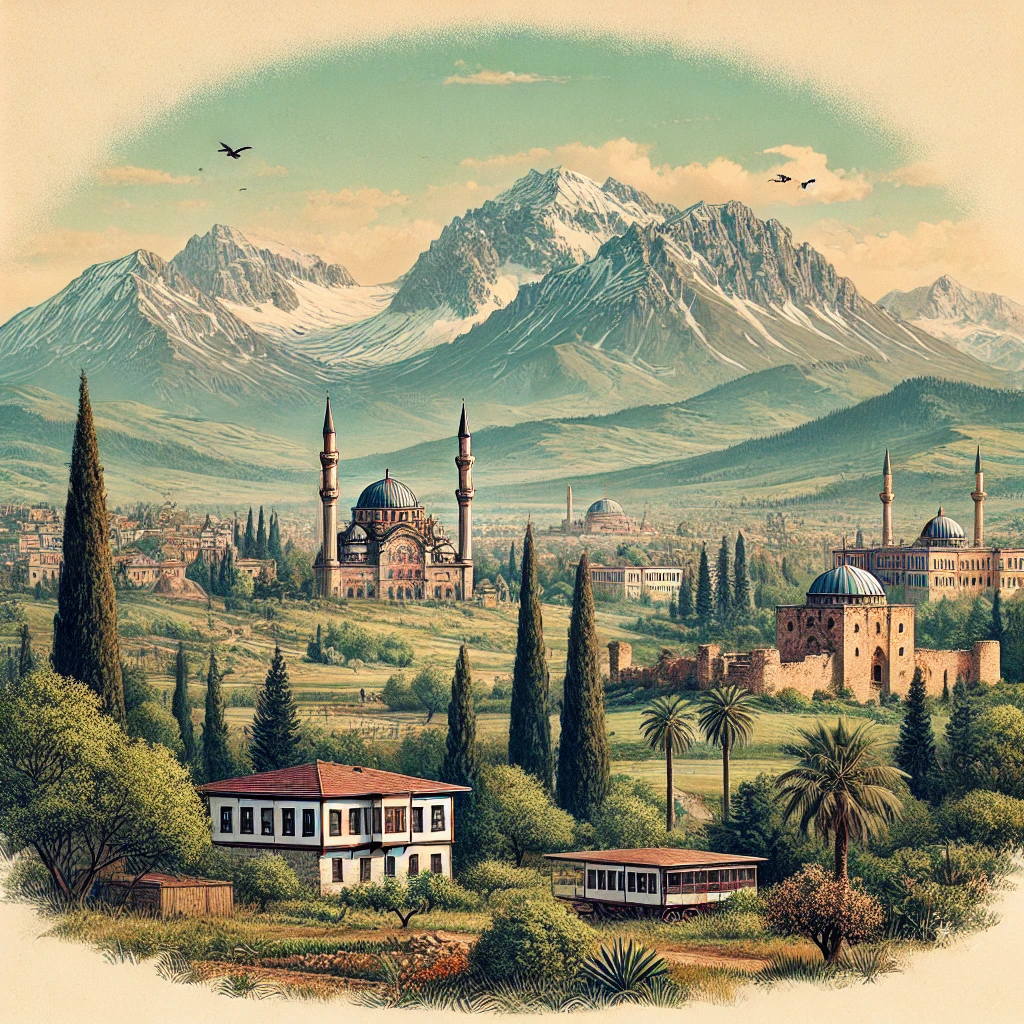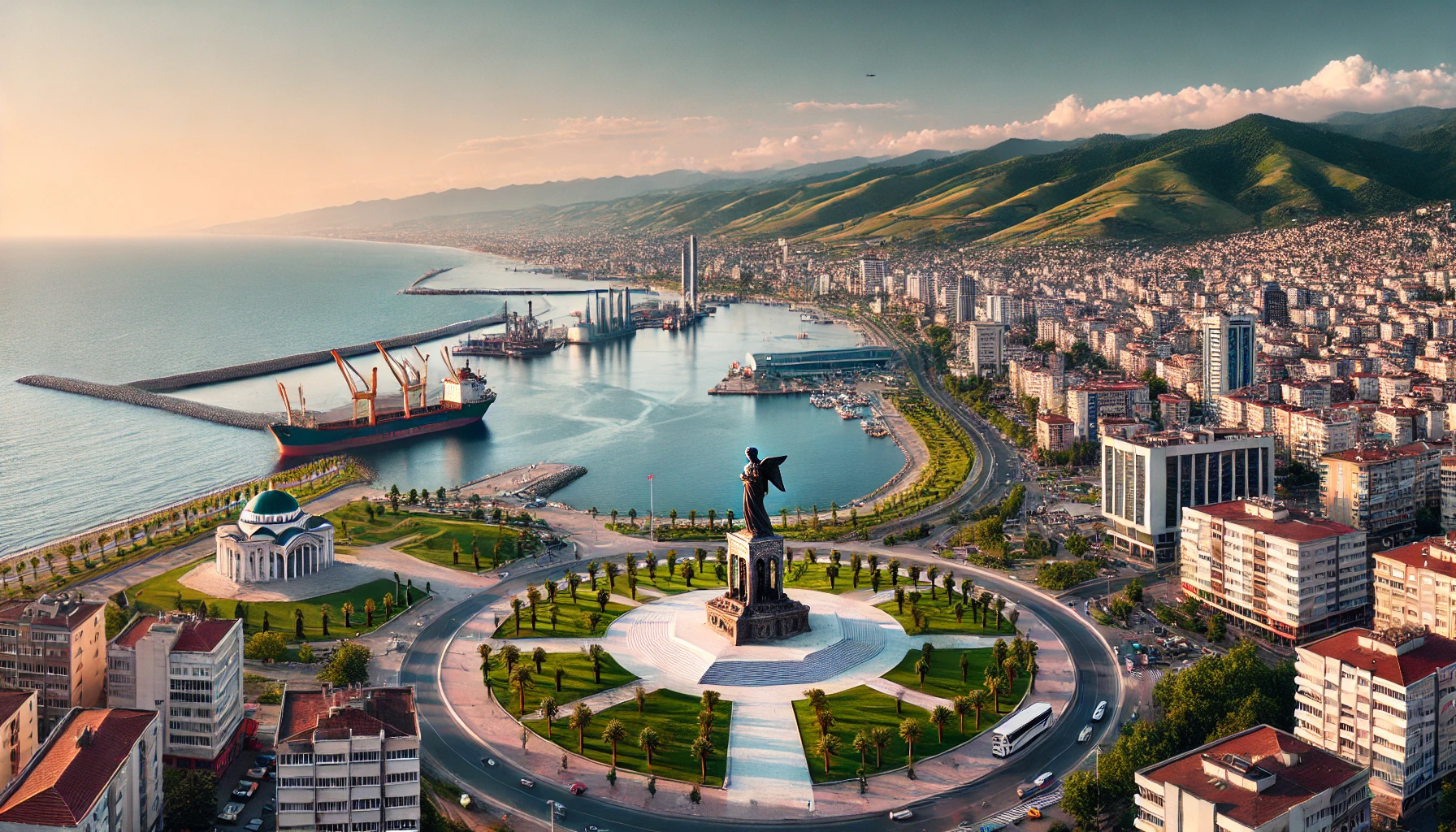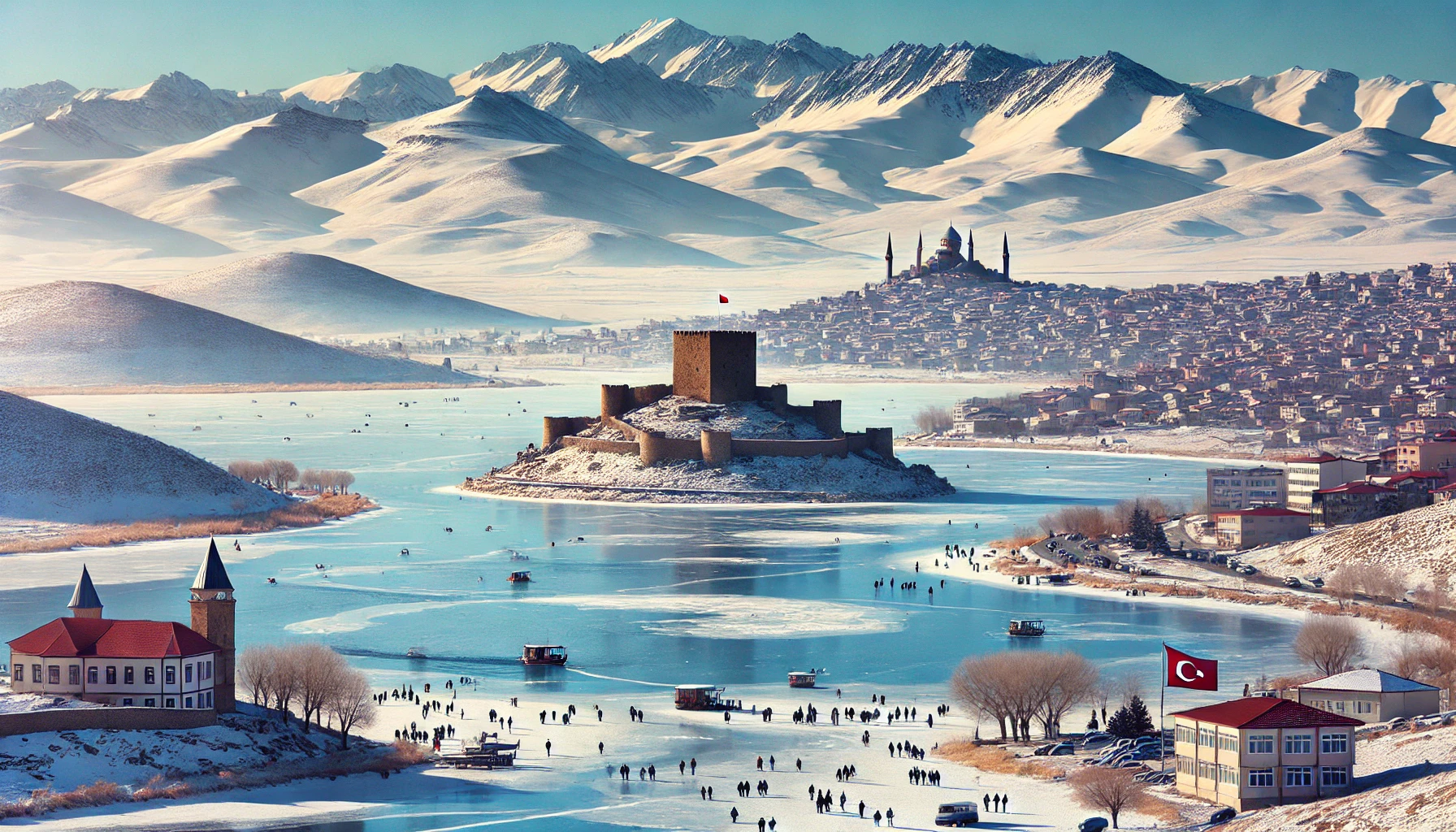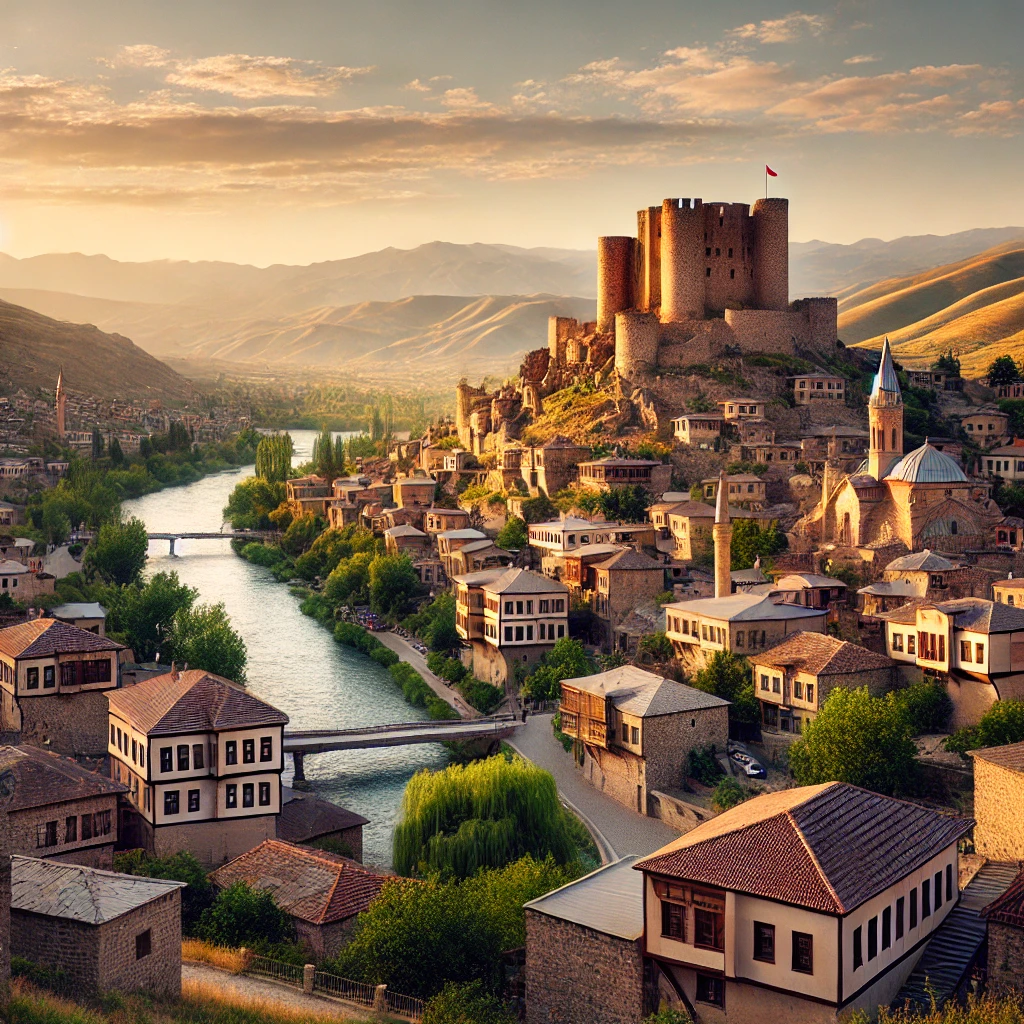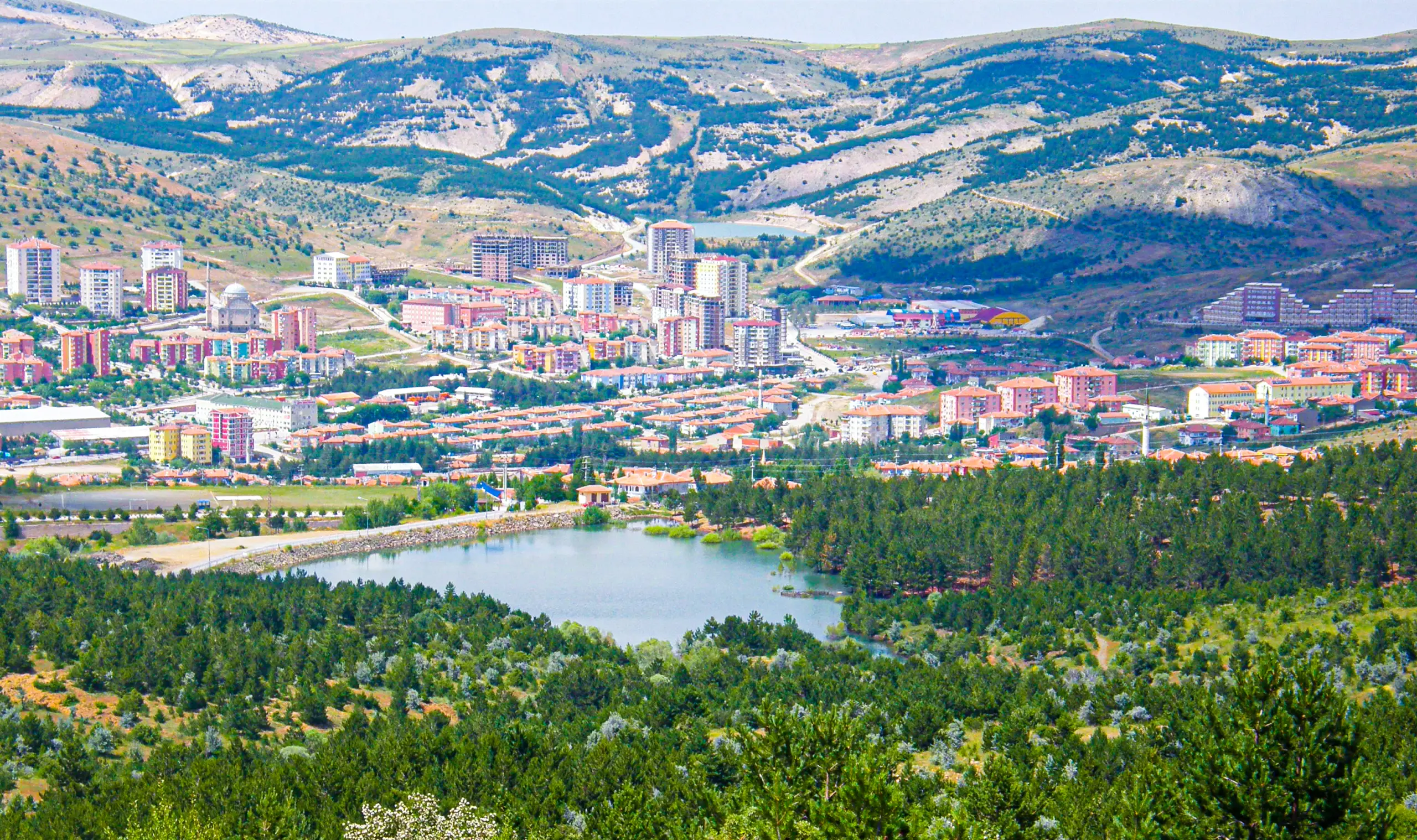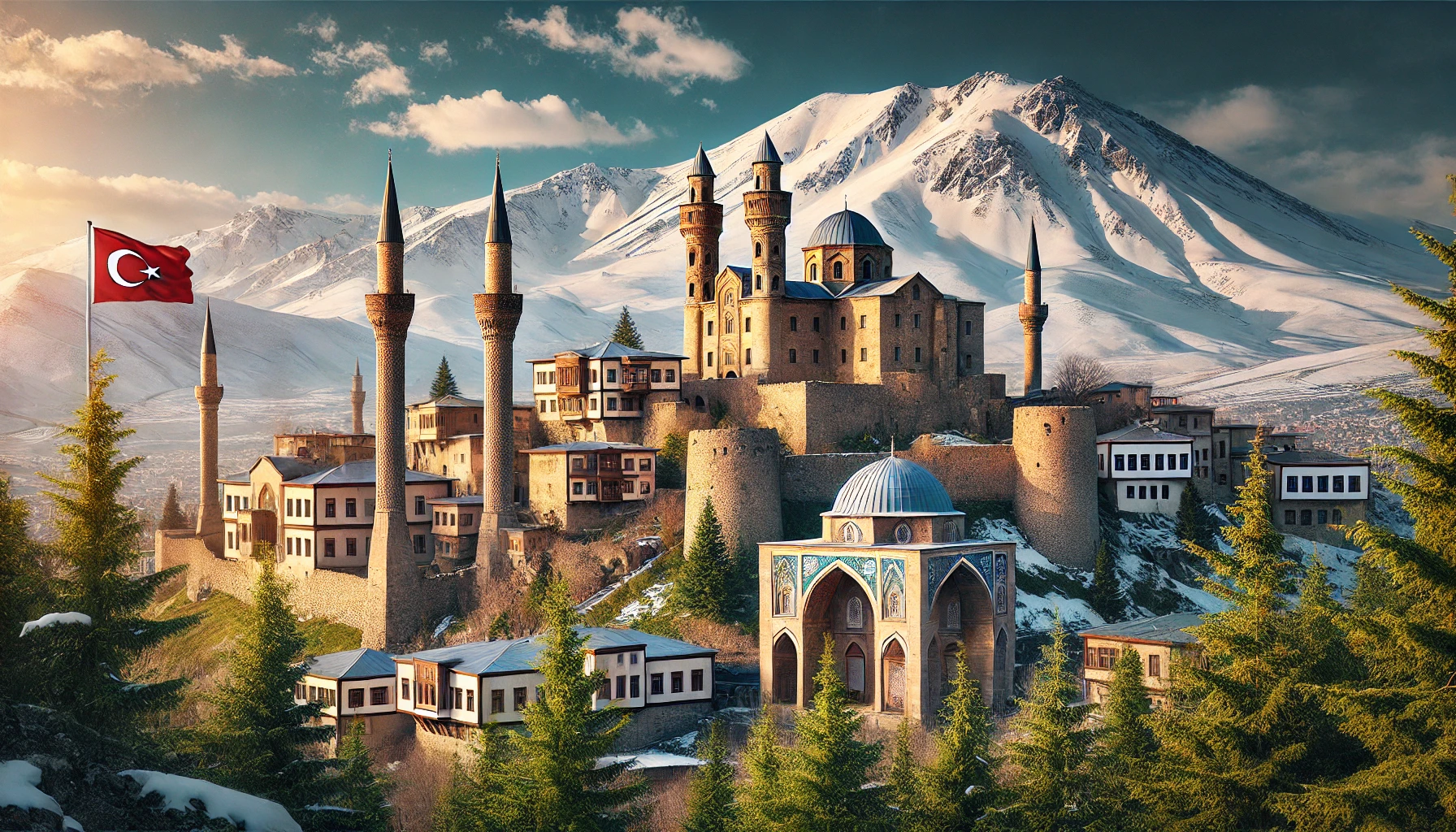Discover Osmaniye: A Hidden Gem in Southern Turkey
Osmaniye, a city situated on the eastern edge of the Çukurova plain in southern Turkey, is a place rich in history and culture. Backed by the foothills of the Nur Mountains, Osmaniye is strategically significant as it lies on one of the old Silk Roads, serving as a bridge between Anatolia and the Middle East. With a population of 252,186 as of 2022, Osmaniye offers a unique blend of historical significance, natural beauty, and modern development. Join us as we explore the wonders of Osmaniye, a city that promises an unforgettable journey.
Historical Significance of Osmaniye
Ancient and Medieval Eras
Although there are no visible remnants of the Hittites, Persians, Byzantines, and Armenians who once ruled Osmaniye, their influence is deeply embedded in the region’s history. The first significant Islamic presence was established by the Abbasid Caliph Harun al-Rashid. Following the Turkish victory at the Battle of Malazgirt in 1071, waves of Turkish conquests began, with the Nur Mountains being settled by the Ulaşlı tribe of the Turkmens.
Ottoman Era
During the Ottoman period, the Ulaşlı tribe remained the dominant local power and were involved in the Celali uprisings in the 17th century. In 1865, the Ottoman general Derviş Paşa brought law and order to the Çukurova region, establishing his headquarters in the Osmaniye villages of Dereobası, Fakıuşağı, and Akyar. This led to the foundation of Osmaniye as a significant settlement. The province was named Cebeli Bereket during the Ottoman period and was renamed Osmaniye after the formation of the Republic of Turkey in 1923.
Modern Development of Osmaniye
Re-establishment as a Province
Between 1924 and 1933, Osmaniye was the capital of the province of the same name. However, the province was abolished in 1933, and Osmaniye became a district governorate for Adana province. In 1996, Osmaniye was reinstated as Turkey’s 80th province, and since then, it has received substantial investment for infrastructure, transforming it from a market town into a thriving city.
Economic Growth and Infrastructure
Osmaniye’s economy is primarily based on agriculture, with the fertile lands of the Çukurova plain being ideal for peanut cultivation. The city’s strategic location on the Silk Road has historically facilitated trade and commerce. Today, Osmaniye continues to benefit from its strategic position, with improved transportation and infrastructure contributing to its economic growth.
Exploring Osmaniye’s Attractions
Hierapolis-Castabala
One of the main attractions near Osmaniye is the ancient Roman city of Hierapolis-Castabala. Located at the base of a craggy rock with a castle, probably built by the Armenians, perched on top, this site offers a glimpse into the region’s historical past. The ruins, though scant, provide valuable insights into the Roman era’s architectural and cultural achievements.
Kent Müzesi (City Museum)
While Osmaniye town itself has few attractions, the city-center Kent Müzesi (City Museum) is worth a visit. The museum showcases the city’s history and cultural heritage, offering visitors a deeper understanding of Osmaniye’s past and present.
Natural Beauty and Mountain Retreats
Osmaniye is known for its beautiful natural landscapes, with the Nur Mountains providing a stunning backdrop. During the intensely hot summers, many residents escape to the Mediterranean coast or the popular mountain retreat of Zorkun. The lush greenery and cooler temperatures make these retreats ideal for relaxation and outdoor activities.
Climate of Osmaniye
Mediterranean Climate
Osmaniye experiences a Mediterranean climate, characterized by very hot, dry summers and mild, wet winters. The highest recorded temperature was 45.6°C on 13 August 2023, while the lowest was -6.1°C on 4 January 1989. This climate makes Osmaniye an ideal destination for those who enjoy warm weather and outdoor activities year-round.
Notable Figures from Osmaniye
Influential Personalities
Osmaniye is associated with several notable figures, including:
- Ümit Besen: A renowned singer known for his contributions to Turkish music.
- Devlet Bahçeli: A prominent politician and leader of the Nationalist Movement Party (MHP), who served as Osmaniye’s member of parliament for many years.
- Ruhi Ersoy: Another influential politician from the region.
- Derya Yanık: A well-known politician.
- Samet Aybaba: A football manager with a significant impact on Turkish football.
- Adnan Aybaba: A former football player and commentator.
Local Culture and Festivals
Rich Cultural Heritage
Osmaniye’s cultural heritage is deeply rooted in its history and traditions. The city’s strategic location on the Silk Road has contributed to its diverse cultural influences. Local festivals and events celebrate this rich heritage, providing visitors with a unique cultural experience.
Traditional Cuisine
The local cuisine of Osmaniye is a delightful blend of Mediterranean and Anatolian flavors. The region is particularly known for its delicious peanut-based dishes, which are a staple in the local diet. Visitors can enjoy a variety of traditional dishes that reflect Osmaniye’s agricultural abundance and culinary traditions.
Practical Information for Visitors
How to Get There
Osmaniye is well-connected by road and rail, making it easily accessible from major cities in Turkey. The city is served by several bus and train services, providing convenient travel options for visitors.
Accommodation and Dining
Osmaniye offers a range of accommodation options, from budget-friendly hotels to more upscale establishments. The city’s dining scene features a variety of restaurants and cafes where visitors can savor local and international cuisine.
Best Time to Visit
The best time to visit Osmaniye is during the spring and autumn months when the weather is mild and pleasant. These seasons offer the ideal conditions for exploring the city’s historical sites and enjoying its natural beauty.
Conclusion
Osmaniye, with its rich history, cultural diversity, and stunning natural landscapes, is a hidden gem in southern Turkey. From the ancient ruins of Hierapolis-Castabala to the lush retreats of the Nur Mountains, Osmaniye offers a unique travel experience for enthusiasts. Whether exploring its historical sites, enjoying its local cuisine, or participating in cultural festivals, Osmaniye promises an unforgettable journey.
Discover more about Osmaniye and plan your visit by exploring resources and guides available at visitturkey.in. Travel Turkey and uncover the treasures of Osmaniye!
Latest Update: Aug 4, 2024
Your Content Goes Here
TAGS: ancient city Osmaniye, Osmaniye, Osmaniye archaeological sites, Osmaniye culture, Osmaniye education, Osmaniye festivals, Osmaniye history, Osmaniye landscapes, Osmaniye local cuisine, Osmaniye museums, Osmaniye natural beauty, Osmaniye tourism, Osmaniye transport, Osmaniye travel guide, Osmaniye Turkey, Ottoman Osmaniye, travel Osmaniye, visit Osmaniye
The Region of Osmaniye
A brief summary of the key points in this article.
Latest Travel Guides
Weather Today in Osmaniye, Turkey
Temperature: 30.23°C
Condition: Clear sky

